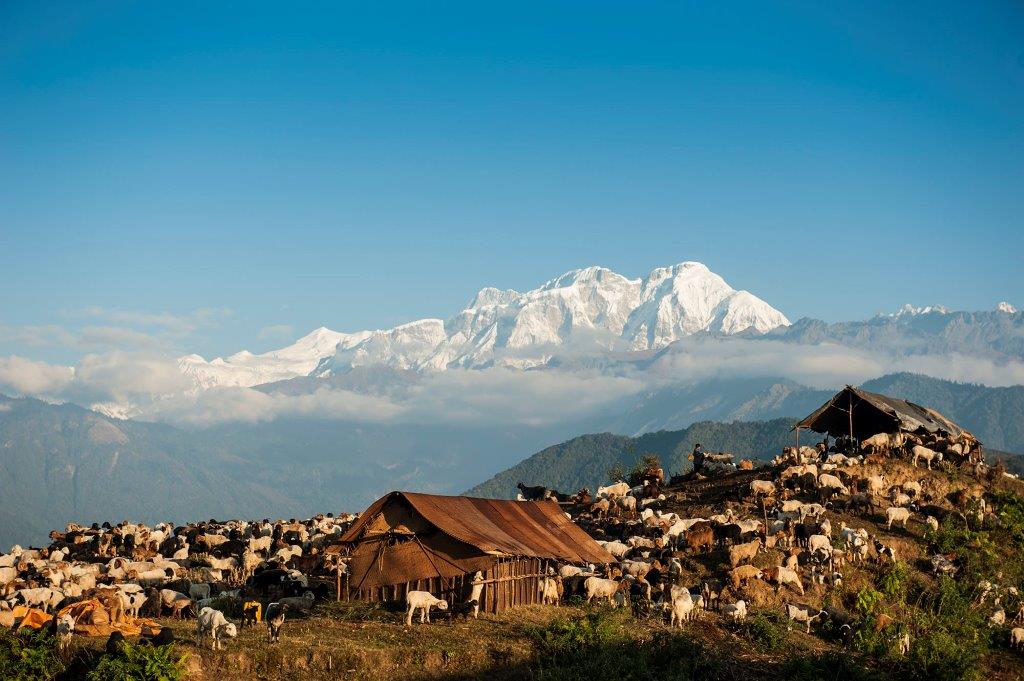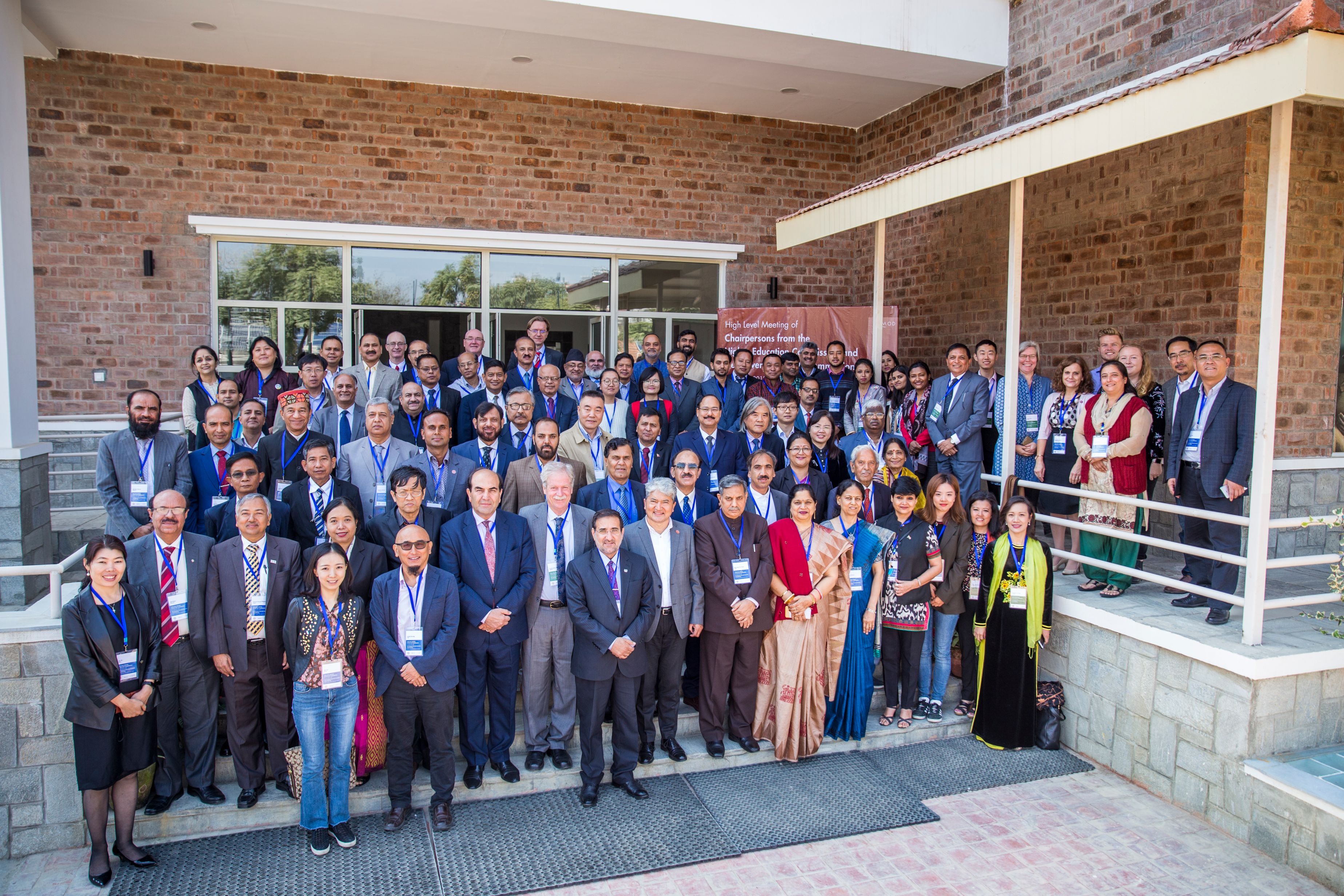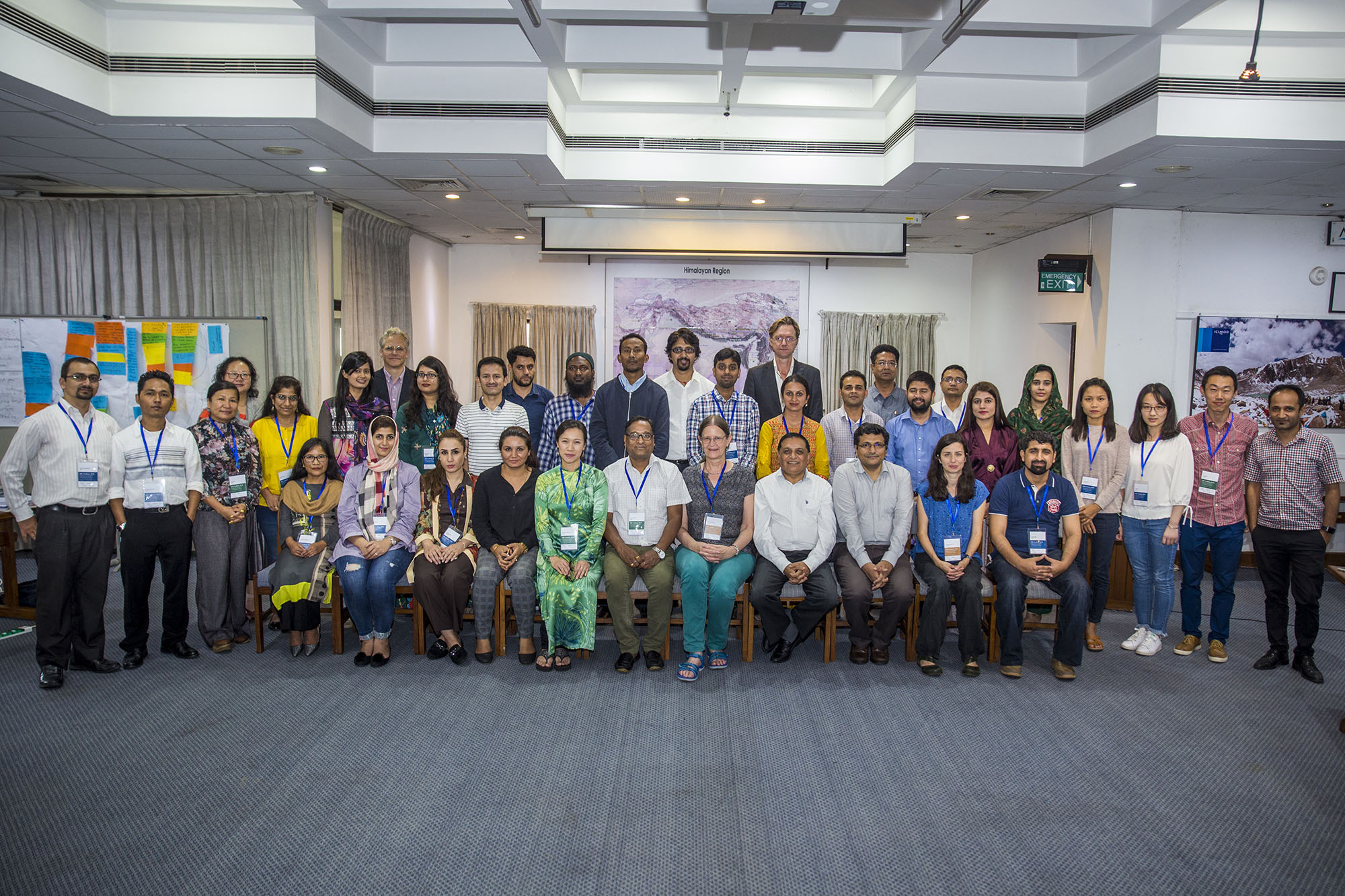The Himalayan University Consortium (HUC) was established with a mandate to develop an effective, sustainable network of universities in the Hindu Kush Himalaya (HKH). The initiative is part of the regional programme on Mountain Knowledge and Action Networks (MKAN) at the International Centre for Integrated Mountain Development (ICIMOD). It works in collaboration with academic, research, and knowledge generating and exchange institutions within and outside the HKH.
The Second International Science Forum of National Scientific Organizations on the Belt and Road Initiative is to be organized by Chinese Academy of Sciences (CAS) with the theme: Science and Technology cooperation and sustainable development for the Belt and Road region. The 2018 International Workshop for Young Scientists of the HKH has been incorporated in the session on capacity building, personal training, and basic scientific research, with the aim of providing a platform for young students, researchers, and university and research institute administrators to exchange ideas for better collaboration.
This workshop will provide a unique opportunity for early career scholars in the HKH to interact with their peers in the region, share their research experience, cultivate collegial partnerships and lay the foundations for future leadership in the region. Participants will include PhD students, scientists, engineers, and young scholars from universities that are full members of HUC. Some scientists and outstanding PhD students will be invited to make keynote presentations.
Objectives
The workshop will focus on climate change and sustainable development in the HKH. Major topics include:
- Climate change
- Disaster risk reduction
- Biodiversity and stable ecosystems
- Water resources
- Livelihoods and poverty reduction
- Regional development
- Education and knowledge dissemination








